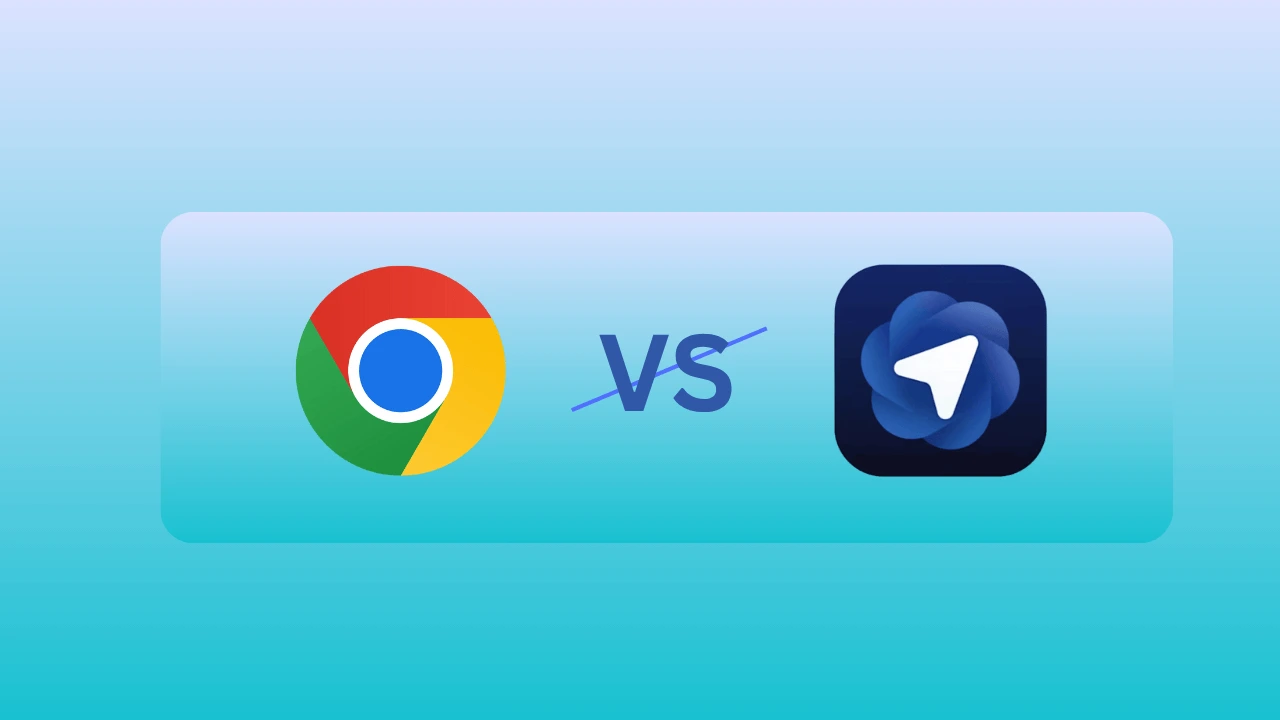OpenAI has released a new AI browser, but reports describe it as risky. Cybercriminals could use prompt injection techniques to steal your personal information. That puts your passwords and bank accounts at risk.
On October 21, OpenAI launched ChatGPT Atlas, which is a browser. Currently, it is available only for macOS. This browser allows users to perform various tasks using AI, such as filling out forms and conducting research.
However, if you are planning to download and use this browser, security experts have issued a warning: immediately switching to an AI-based browser could be risky. In particular, through technologies like indirect prompt injection, cybercriminals may gain access to users’ files, passwords, and bank accounts.
Security Risks in AI Browsers
According to reports, researchers at Brave have
highlighted that AI-based browsers like Perplexity, Comet, and Fellou
may be vulnerable to indirect prompt injection. Hidden commands in website
content could give AI incorrect instructions. For example, if a screenshot is
taken, the AI might interpret it as a command and perform unintended actions.
This can put sensitive information, such as bank and email accounts,
at risk.
What is Prompt Injection?
According to IBM, prompt injection is a cyberattack in which malicious inputs are disguised as legitimate prompts. Doing so can cause an AI system to leak sensitive information or spread incorrect data. This becomes particularly dangerous when AI apps have access to confidential documents or APIs, increasing the risk of potential damage.
Also Read:
 ChatGPT Atlas launched to challenge Google — its Agent Mode features will surprise you!
ChatGPT Atlas launched to challenge Google — its Agent Mode features will surprise you!
Security Measures and Precautions
On October 6, OpenAI introduced the Guardrails security framework along with AgentKit tools. The purpose of this framework is to make AI agents safer. However, experts say that a completely foolproof solution has not yet been found. Therefore, when using an AI browser, it is important to require user confirmation for any sensitive operations.
What should users do?
According to experts, AI-powered browsers can hide prompt injection attacks that may steal your personal information, passwords, and banking details. Sometimes, these browsers can even execute commands without the user’s consent, increasing the risk of data leaks and financial loss.
That’s why experts advise using new AI browsers with caution and awareness.









Leave a Reply